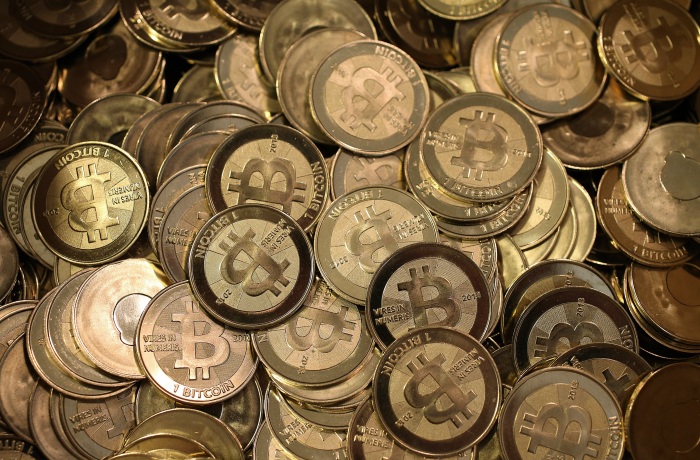In the battle of money clip versus microchip, technology won.
A bit more context: a Netherlands-based bitcoin entrepreneur has had two microchips containing the virtual currency injected into his hands so he could make contactless payments.
The chips, enclosed in a 2 x 12-mm capsule of biocompatible glass, were injected using a specially designed syringe. They emit a tiny radio signal using near-field communication (NFC) and can store up to 888 bits of information each.
In a statement to the AFP, Martijn Wismeijer, co-founder of MrBitcoin — a company that specializes in the installation of bitcoin cash dispensers — and the embedee, if you will, explained, “We wanted to do this experiment to push further the concept of the virtual wallet.”
“What's stored on the microchips should be seen as a savings account,” rather than a current account, he added. “The payment device remains the smartphone, but you transfer funds from the chips.”
Wismeijer was injected with the chips along with a group of other people earlier this month.
News of Wismeijer’s experiment has since garnered so much publicity that he has temporarily withdrawn the money from his hands for security reasons.
“The aim wasn’t for everyone to know about it,” he said.
The NFC chips are available on the Internet, and are sold with the syringe for $99 by the Dangerous Things company.
Beyond storing bitcoins, the chips can be programmed with a smartphone to do things like open doors, turn on lights, and more.
Approximately 1,500 people around the world have already had such chips injected, Wismeijer said, but he did not know how many carried bitcoins.
Via: Phys.org
Advertisement
Learn more about Electronic Products Magazine





